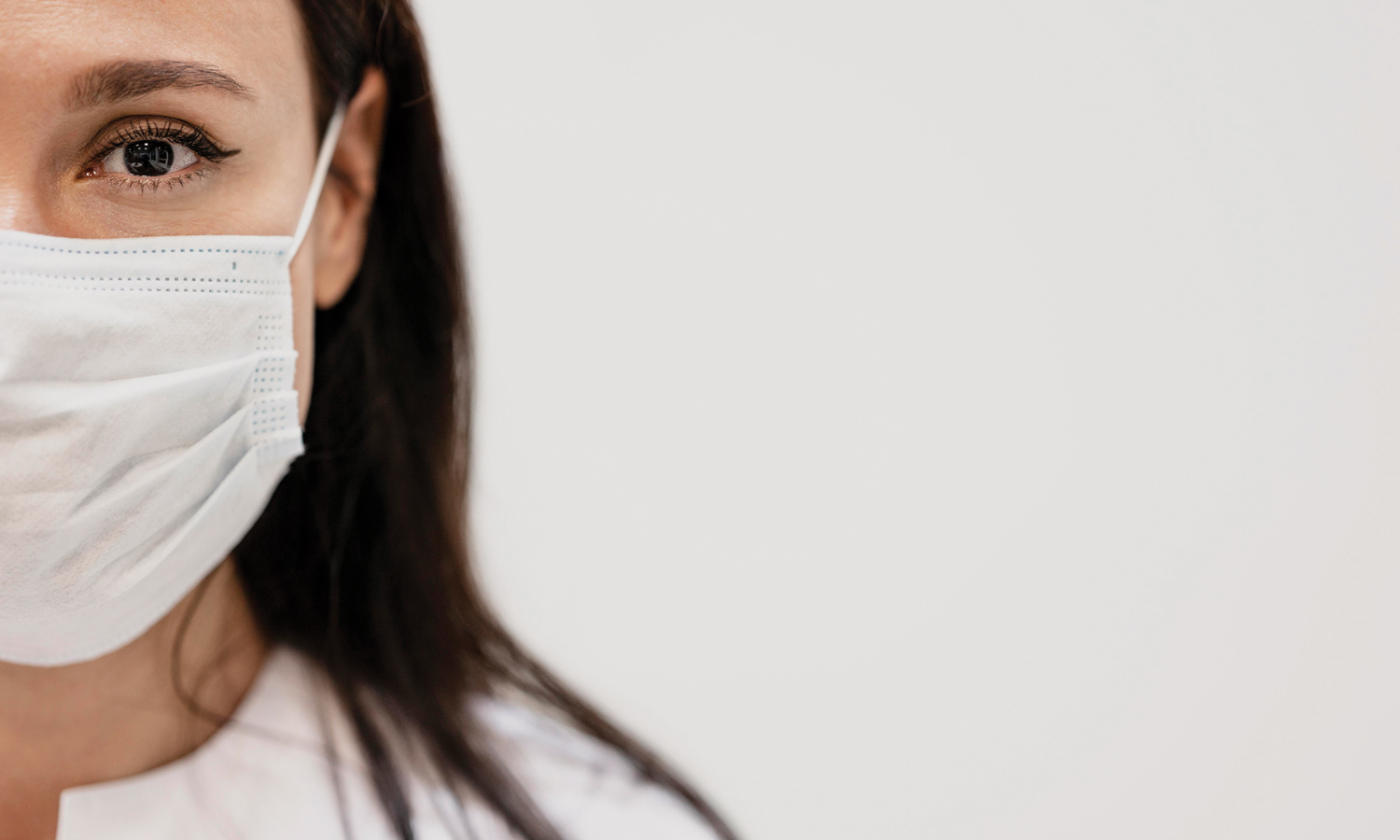

Even as the Sultanate is sparing no efforts to keep the coronavirus at bay, reports of callous and irresponsible behaviour continue to come in despite punishments awarded to the violators of precautionary measures.
The rising cases of these blatant transgressions are evident from the number of penal verdicts issued in the recent weeks in addition to the so-called ‘naming and shaming’ of the offenders by publishing their names and photos in the local media. The fact that this kind of a punishment was warranted due to the offending attitude of the people in adhering to the prescribed safety norms.
“It is time to name and shame people who repeatedly violate COVID-19 preventive rules,” Minister of Health Dr Ahmed al Saeedi said during a press conference when the number of cases was increasing unabated.
The minister said that people who have violated Supreme Committee directives on COVID-19 multiple times must have their names announced to the public.
But does naming and shaming prompt people to follow the guidelines and make them more committed towards the safety measures?
According to Dr Hamed al Sinawi, Senior Consultant at the Department of Behavioural Medicine, Sultan Qaboos University, at a time like the current COVID-19 pandemic situation, naming and shaming are seen by many people as justifiable action.
“Shaming can add value to public health when clear, official guidance is overtly resisted”, he says.
Naming and shaming have been used in many countries to try and force people to follow lockdown procedures and health advice such as wearing a mask and keeping a distance. Studies have reported that medical shaming at times is used as an attempt to motivate a patient to change their behaviour, but more often than not it is out of a blatant disregard or disgust for the patient itself. “Shame occurs when we are made to feel ‘being wrong’ because we have not followed a certain behaviour. This eventually leads us to develop negative self-beliefs such as ‘I am bad, I am unworthy, I am irresponsible’. Shaming is like being told that you are not accepted or that you are being excluded’, he says.
According to Dr Hamed, this can be very disturbing as human beings’ value being connected and accepted by one another and being shamed or excluded can cause negative feelings and impair our mental well-being.
The names and photos of a number of people have been published and also other punitive action taken for failing to comply with the rules including breaking lockdown measures, unlawful assembly and for going out during quarantine period and not wearing masks in public places.
The convicts were awarded penalties ranging between three-month jail, plus RO1,000 fine each for Omanis and three-month jail, plus RO1,000 fine, plus deportation from Oman for non-Omanis.
Pointing out psychological studies, Dr Hamed said that people react to shaming in different ways.
“Some may try hard to comply with social norms by following the rules and guidelines, others may withdraw from other people to avoid being rejected. In some cases, people may internalise beliefs about being bad and unworthy which leads to a decrease in their motivation to change and lead to engaging in unhelpful behaviours”, he said.
However, in some cases, people who are shamed start attacking, blaming, and shaming others back, he said.
“How we behave dictates whether COVID-19 can survive; adapting swiftly, and in unison, holds our best hope of success”, he added.
Oman Observer is now on the WhatsApp channel. Click here



